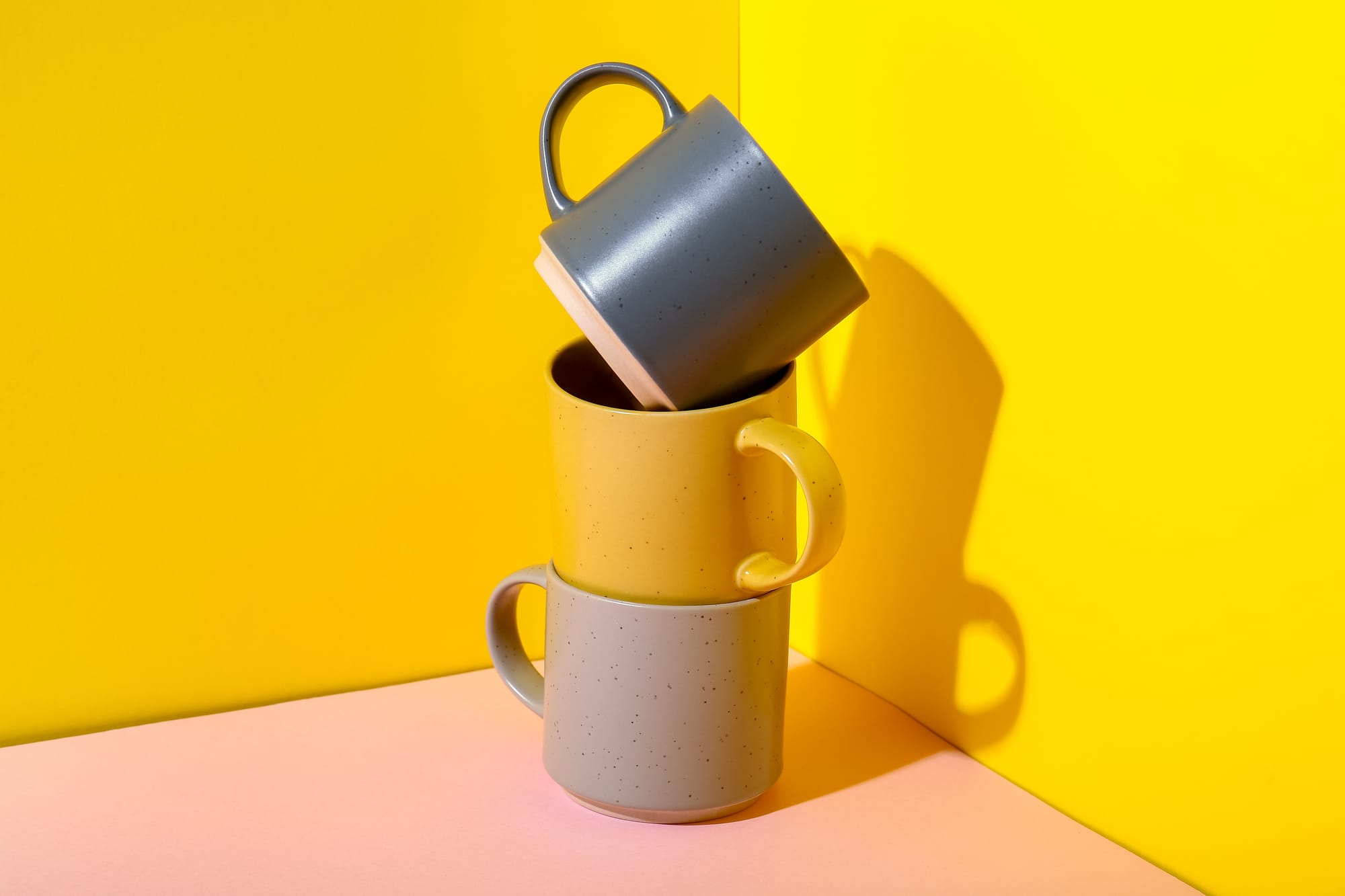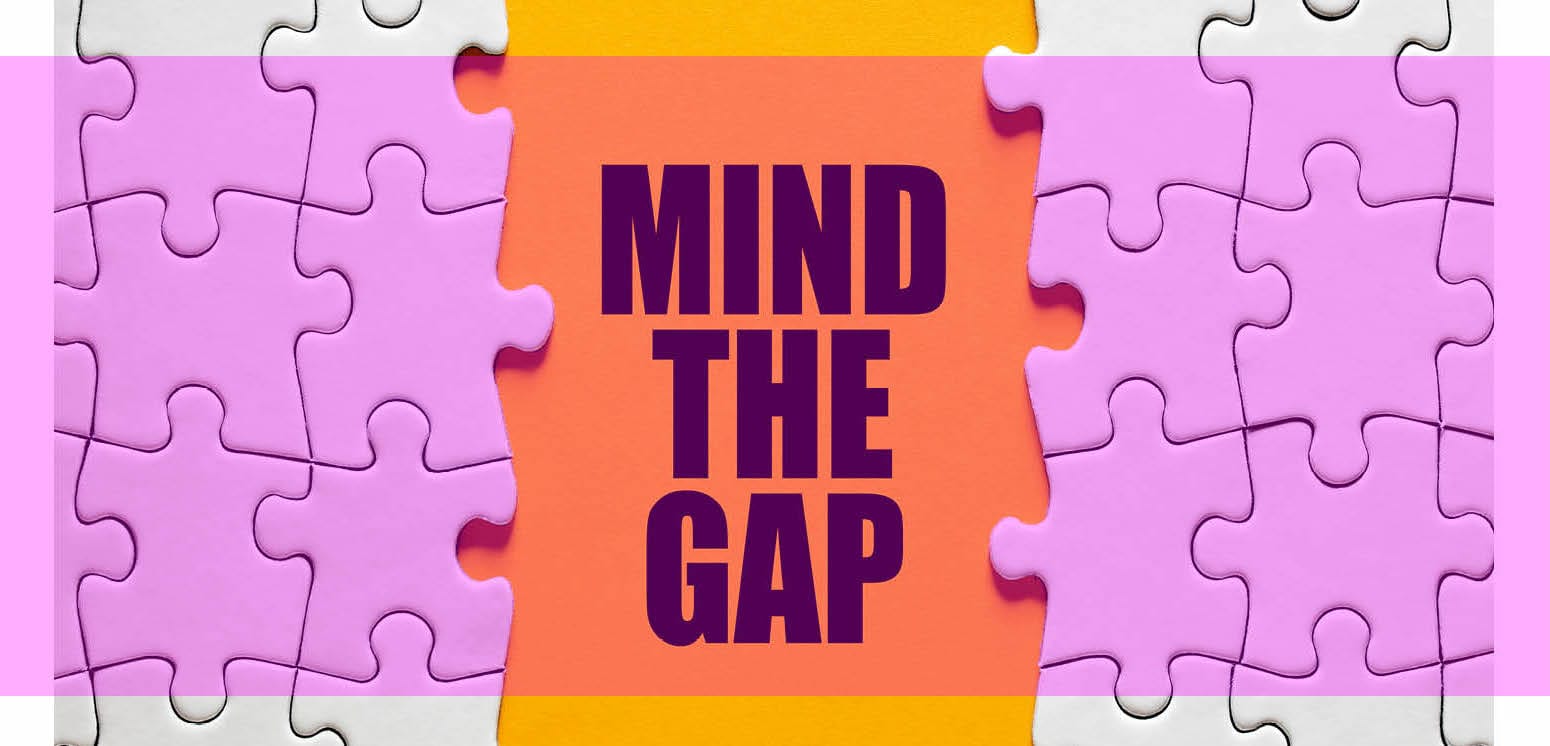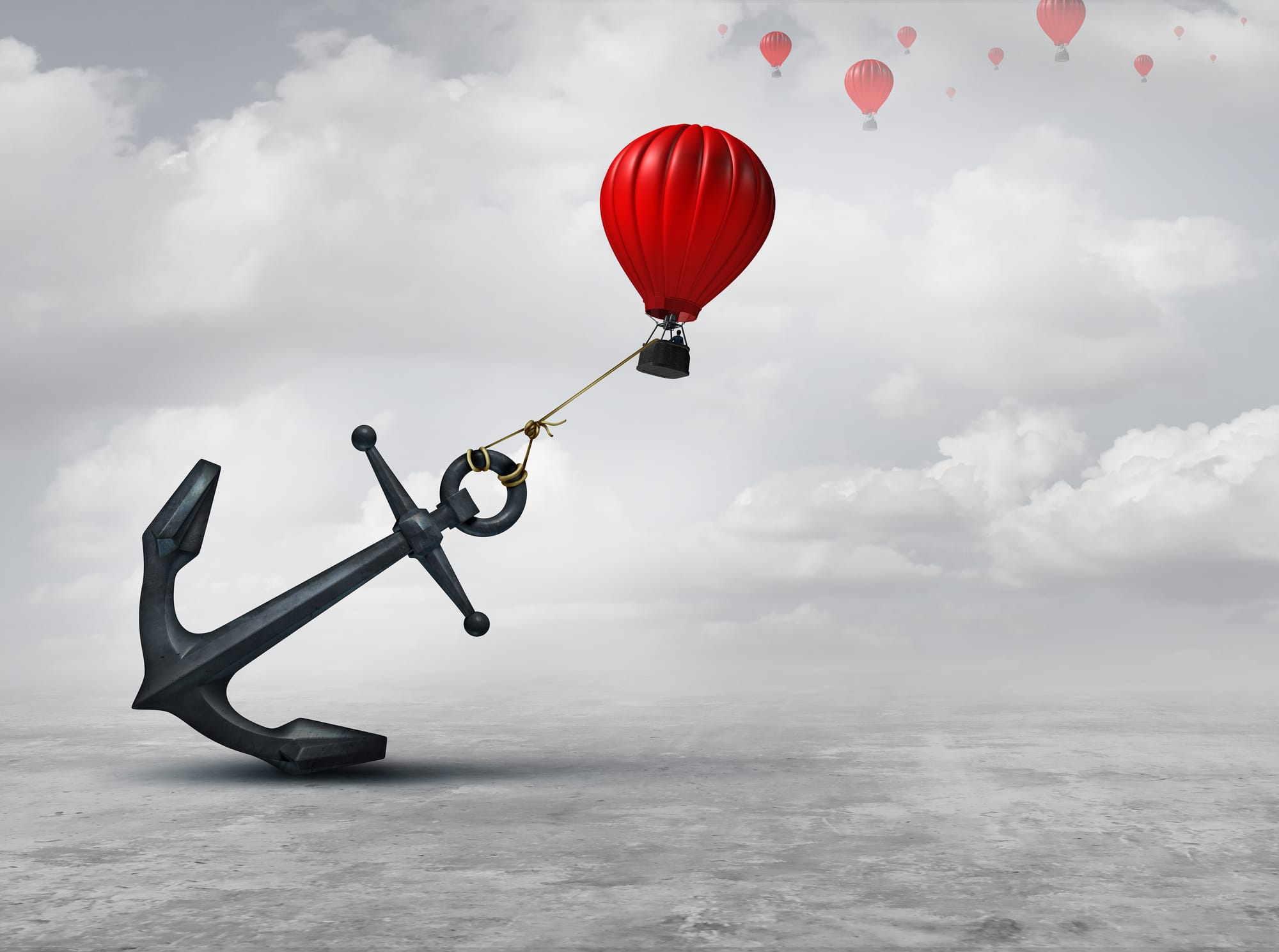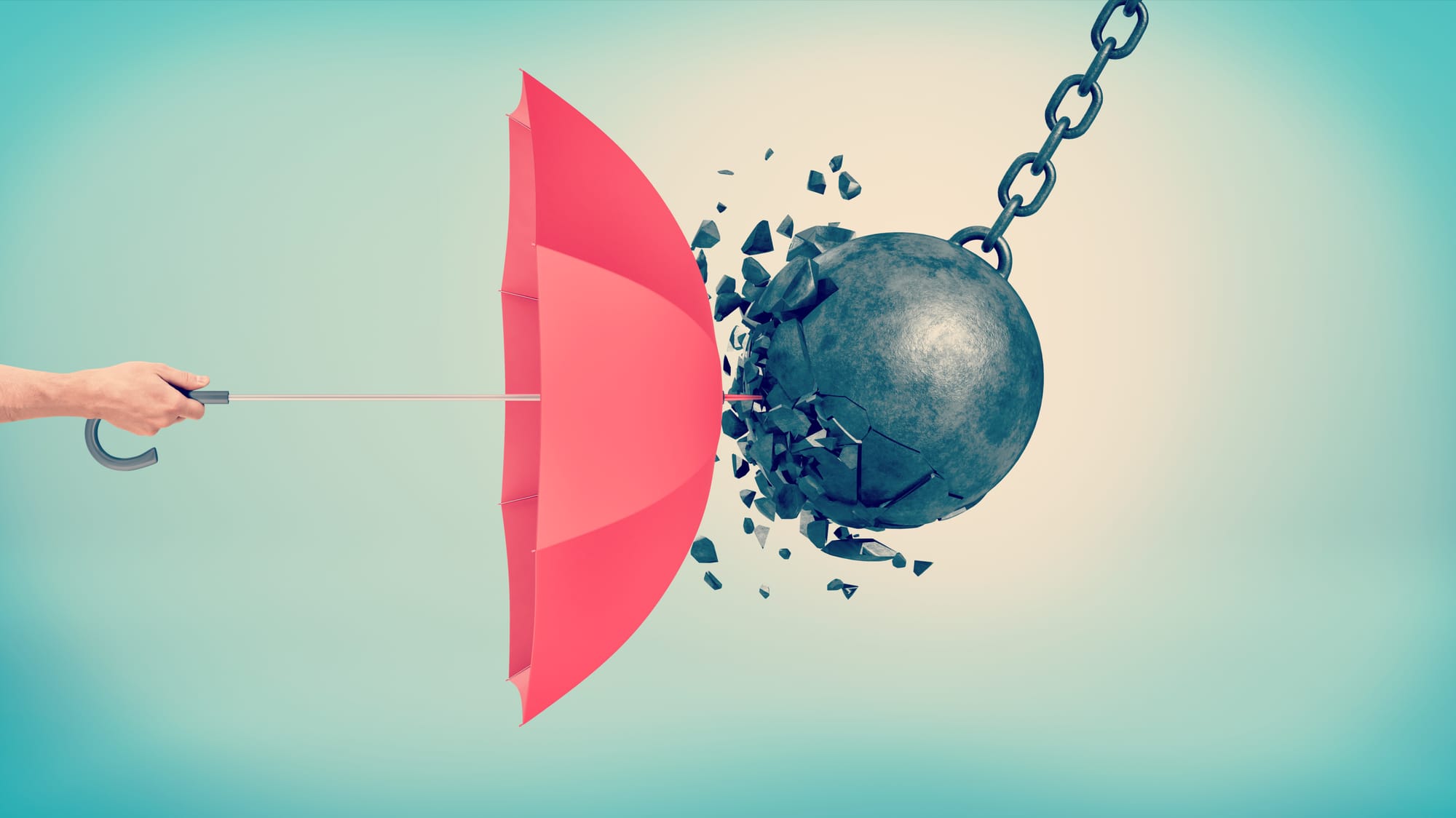
The great leveller
Destination confirmed
Addiction is not something that happens to "other people." It is in our homes, our workplaces, our schools. It does not discriminate between rich and poor, educated and uneducated, young and old. One in ten people is struggling with addiction. Some say it’s one in five. Either way, it is everywhere. It’s the mum on the school run, the pilot, the doctor, the tradie. It is the homeless person, yes, but it is also the CEO. And once addiction takes hold, it doesn’t matter who you are, where you come from, or how much money you have—your destination is the same.
Eduction not stigma
That is why I started Brave Hearts. When my own family was affected by addiction, I did not know where to turn. No support, no guidance, just shame and stigma. The assumption is that addiction is a moral failing, a personal weakness. But it’s not. It’s a "neurobiological behaviour", and families—whānau—need education, not judgment, if they are to help their loved ones navigate their way out.
Education is the key. When families and communities understand addiction, they are far better equipped to provide meaningful support. That’s why at Brave Hearts, we don’t just offer a shoulder to cry on; we provide tools, structured guidance, and a community that understands. We run support groups and use a tailored 10-point toolkit to help families see the full picture.
Mind your language
The second piece of the puzzle is stigma. The language we use around addiction matters. When we call people ‘crackheads’ or ‘junkies,’ we dehumanise them. We push them further into isolation. Recently when someone casually dismissed their neighbour as a "crackhead" because the police had been at their house. I had to stop myself from reacting emotionally. But inside, I was sad that people think like that.These are people.They are someone’s child, someone’s parent. When we depersonalise addiction, we make it easier to ignore. And that is exactly why so many families suffer in silence.
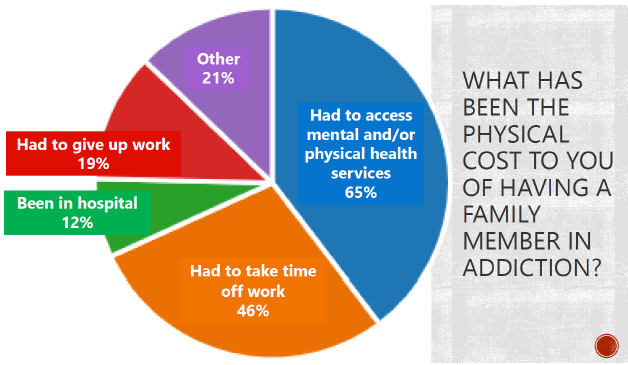
Fund family focus
So what needs to change? If I had the resources, I would put education at the forefront. We need more structured programs in prisons, more drug courts, and more support for rehabilitation; all of which ideally should be holistic and therapeutic, such as Sir Mason Durie's Te Whare Tapa Whā.
But more than anything, we need to educate parents. I wanted to start a program for secondary school parents—an initiative that would have given me the tools I desperately needed when my son was 14 and already on the path to addiction. But we couldn’t get funding. The Ministry of Education wasn’t interested. And yet, if we truly want to tackle addiction, we must start here—with the families, to try and halt the current crisis, which at time of writing is being reported as getting worse.
Brave Hearts started almost by accident. It grew out of a desperate need, not just my own, but from the countless families who were searching or a more peer led family and whānau approach, bearing in mind that at the time these were few an far between. We now have support groups, a dedicated team, and a growing network. But we need more.
Because addiction is the great leveller. And it will take all of us working together to turn the tide.
- Education – Structured programs for families, schools, and communities to equip them with the knowledge needed to support those struggling with addiction.
- Destigmatisation – A shift in how we speak about addiction, moving away from dehumanising labels and toward recognizing addiction as behaviour, not a moral failure.
- Investment – More funding for rehabilitation, drug courts, and prison programs to create real pathways to recovery.
- Realisation – Addiction is not a distant issue affecting “other people.” It is here, among us, in our homes, workplaces, and schools. It is everyone’s responsibility to be part of the solution
